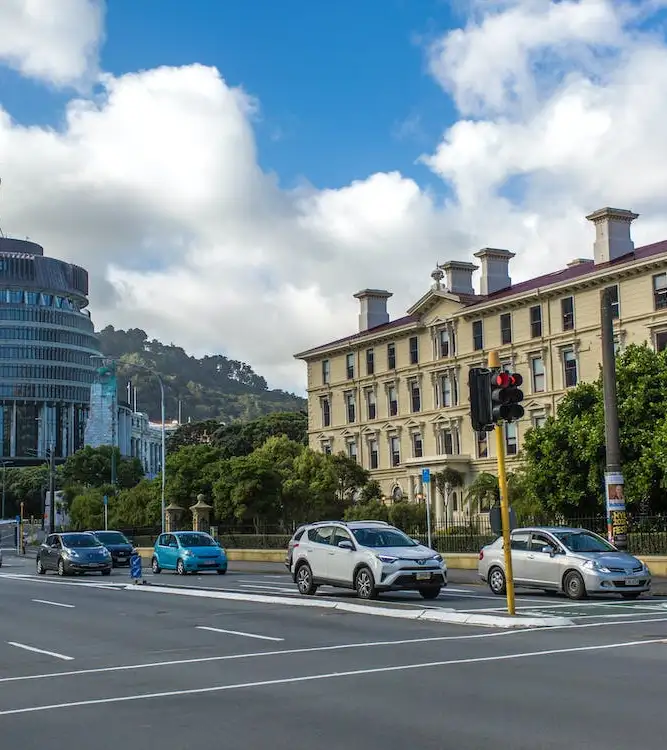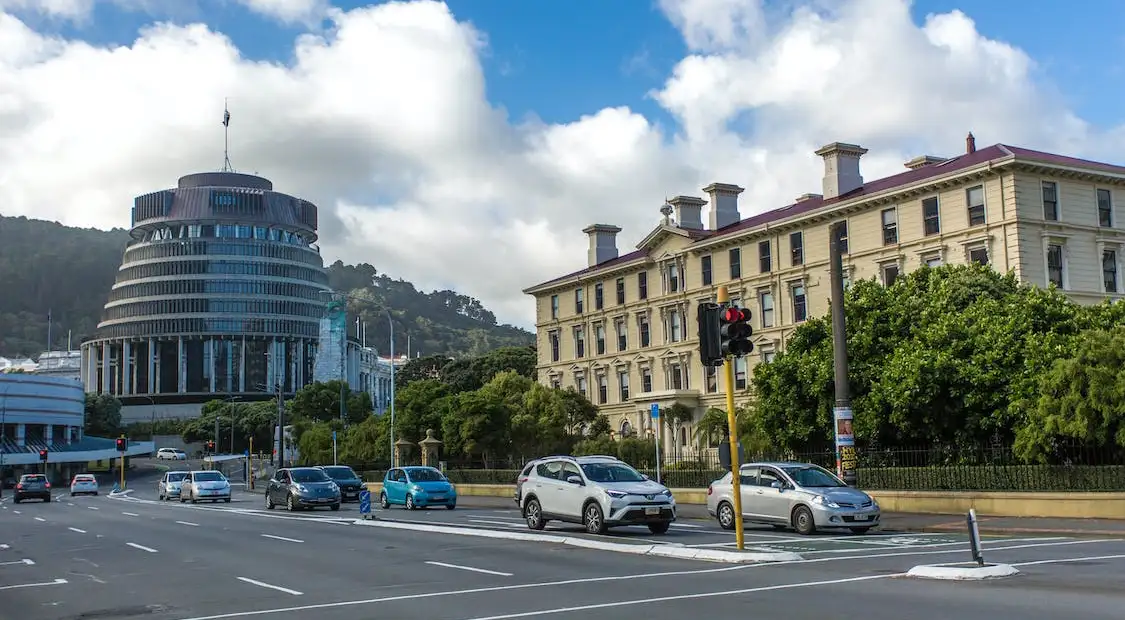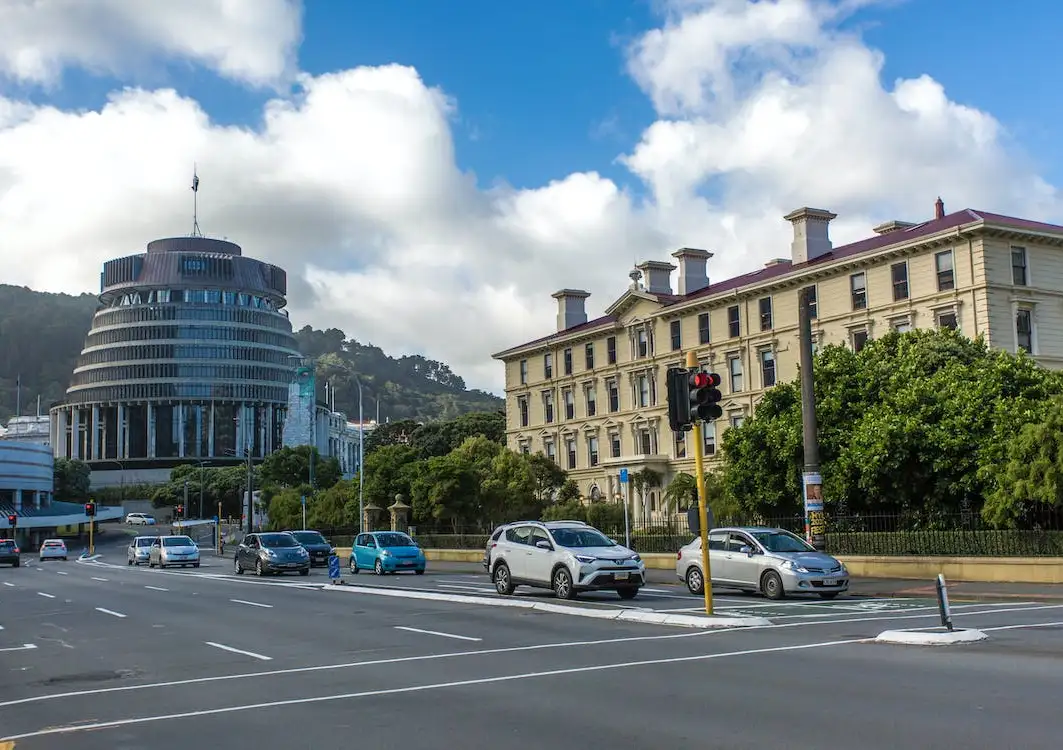Council “shake-up” must get New Zealanders’ buy-in



25 November 2025
LGNZ has described today’s proposals as a dramatic shift that would affect all parts of local government.
The Government has proposed abolishing regional council elected members, just six weeks after New Zealanders have voted in local government elections.
LGNZ Interim Chief Executive Scott Necklen says local government wants change and greater efficiencies.
“Our membership passed a remit in July at LGNZ's annual general meeting calling for change to the current functions and governance arrangements of local government. So local government recognises a need to evolve and that one size doesn’t fit all,” says Scott Necklen.
“The reforms announced today propose the most significant changes to local government since 1989.
“It’s important that once-in-a-generation change has strong buy in. It must be workable – and ratepayers must get bang for buck from any new local government system.
“Regional councils carry out critical work. We know the new resource management system aims to accelerate growth; we believe the functions of regional councils are critical to the success of these reforms.”
Dr Deon Swiggs, Chair of LGNZ’s Regional Sector, says the democratic mandate of regional councils drives the balance between growth and protection.
“New Zealand’s rural and urban communities along with our natural resources, face growing threats from weather events, biosecurity risks, pollution, water scarcity, transport and infrastructure challenges,” says Dr Swiggs.
“Our work in building flood resilience, supporting the productive economy, and protecting the environment is what makes our country special. It’s vital we get the future model for delivering these responsibilities right.”
LGNZ National Council member and Central Otago Mayor Tamah Alley says the proposed transition is a significant undertaking.
“Territorial authorities are implementing reform across a range of areas, as we work to deliver core services in a cost-effective way.
“This proposal can’t come at the expense of local accountability,” says Mayor Tamah Alley.
“We will be talking to the Government regarding the options on the table,” says Scott Necklen.